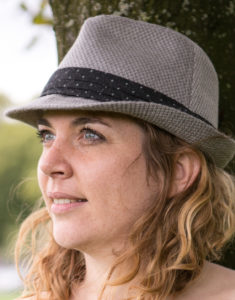 I am an Associate Professor at the Neurophysics section, Donders Center for Neuroscience, Donders Institute for Brain, Cognition and Behaviour, Radboud University, Nijmegen, the Netherlands. With a training in both Physics and Neuroscience, I have a broad interest in quantitative solutions to all types of scientific problems, but my expertise (and PhD) is in the field of Computational Neuroscience. I have experience in programming in different environments, including MatLab, XPP, Python, Brian and Neuron.
I am an Associate Professor at the Neurophysics section, Donders Center for Neuroscience, Donders Institute for Brain, Cognition and Behaviour, Radboud University, Nijmegen, the Netherlands. With a training in both Physics and Neuroscience, I have a broad interest in quantitative solutions to all types of scientific problems, but my expertise (and PhD) is in the field of Computational Neuroscience. I have experience in programming in different environments, including MatLab, XPP, Python, Brian and Neuron.
Next to my research I am very motivated about science education at different levels, from primary school students and their teachers, to secondary school students, undergraduate students and graduate students. Every level brings its own challenges and wonders.
Finally, universities and the academic community also needs to keep running. Therefore, I have joined the board of directors of the Organisation for Computational Neurosciences from 2019 until 2022. In 2020, we have founded the Radboud Young Academy. In 2021, I became the speaker of the theme ‘Natural Computation and Neurotechnology’ of the Donders Institute. In 2022 I became a member of the Young Academy of the Royal Netherlands Academy of Arts and Sciences.
Research
The brain continuously processes information. The physical structure of the brain (its ‘hardware’) shapes this information processing and vice versa: the computations needed for information processing (the ‘software’) are adapted to the physical structure of the hardware. In my ‘Biophysics of Neural Computation’ group, we study the relationship between the physical properties of the brain and its information processing: how are neurons and networks formed so that they can perform functions such as perception? Which characteristics of neurons and networks enhance or limit information transfer? We as humans still strongly outperform machines and computers in tasks such as facial recognition or adaptation to changes in illumination. Understanding how the brain does this can help us improve the performance of such devices.
My group studies these questions using a variety of theoretical methods, from (biophysical) neural network modelling to abstract coding models and advanced data analysis of experimental data. We collaborate closely with experimental neuroscientists, studying neurons, networks, and behaviour, unraveling together the fundamental functions of the brain. For current open internship projects, see this page.
Publications
See my Google Scholar Profile. Note that under the Article 25fa of the Dutch Copyright Act (Taverne Amendment) Dutch researchers are allowed to share short scientific works (e.g. articles & book chapters), published since 2015 regardless of any restrictive publishers’ guidelines. Therefore, if you do not have institutional access to my publications, you can also check the Radboud Repository.
Funding
- NWO Vidi Grant
- Gravitation Grant DBI2
- ETN SmartNets (2020-current)
- RISE grant iNavigate (2020-2023)
- Christine Mohrmann Grant (2016-2020)
- NWO Veni Grant (2016-2020)
- Amsterdam Brain and Cognition Talent Grant (2015)
- Grant from Fondation Pierre-Gilles de Gennes pour la Recherche (Paris, FR, 2012)
Awards
- Best ECR Presentation ( Methods of Information Theory in Computational Neuroscience, CNS 2021)
- Junior Education Award (Radboud University, Faculty of Science, 2021)
- Team Science Award for NeurotechEU (Radboud University, Faculty of Science, 2021)
- ‘Math Checks Out’ Award (BeeVee, 2021)
- Junior Education Award (Radboud University, Biosciences education institute, 2020)
Review/editorial work
See my Publons page, my PCI page and my Loops page.
In March 2023, I joined the PLOS Computational Biology Editorial Board.
Contact
Fleur Zeldenrust
Assistant Professor
Department of Neurophysiology
Donders Institute for Brain, Cognition and Behaviour
Faculty of Science, Radboud University
Heyendaalseweg 135, postvak 33, kamer 02.204
6525 AJ Nijmegen, the Netherlands
tel +31 24 36 53195
email: f.zeldenrust@neurophysiology.nl
CV ![]() scholar profile
scholar profile ![]() Twitter Orcid
Twitter Orcid ![]()
![]() ResearchGate
ResearchGate ![]() LinkedIn
LinkedIn ![]() Mastodon
Mastodon
Consortia
I am/was part of the following consortia:
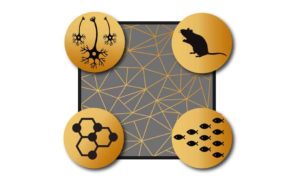 |
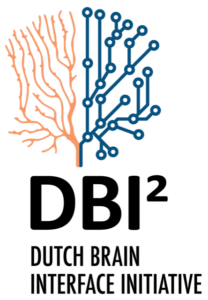 |
 |
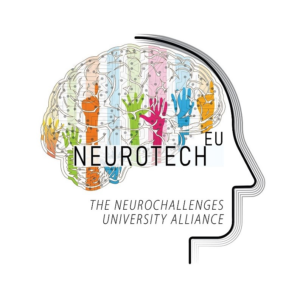 |
 |
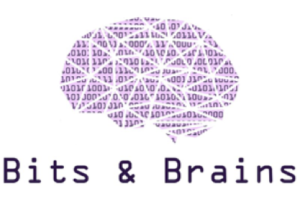 |
Outreach
I am/was part of the following outreach projects:
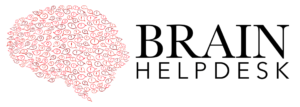 |
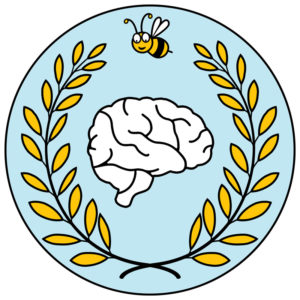 |
 |